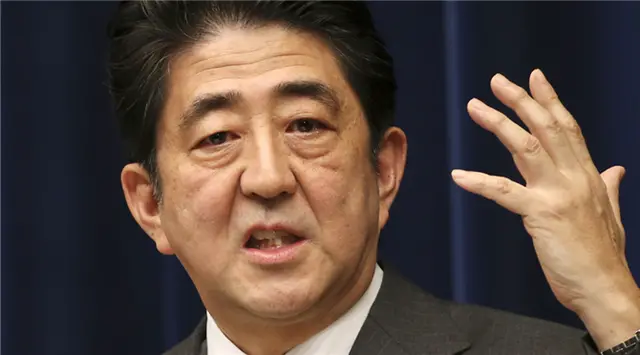Japanese Prime Minister Shinzo Abe sought to gain more votes from lower income class for the upcoming upper house election by vowing to address wage gaps in his policy speech on Friday.
The upper house election will be held this summer and is key to the prime minister's administration to launch the motion to amend Japan's pacifist constitution. The ruling coalition led by Abe secured two thirds of seats in the all powerful lower house, but to launch constitution amending motion also needs to have two thirds of places in the upper house.
Supporting rate for the prime minister's cabinet was hurt last year because of the ruling bloc's push in the Diet to enact a series of controversial security bills, although latest poll said earlier this month that the approval rating was recovering.
During the policy speech to the ordinary Diet Session, Abe unveiled a plan to realize "equal pay for equal work" to close wage gaps between full-time and part-time workers.
Abe highlighted many times that his economic policy mix dubbed "Abenomics" increased jobs, but pundits here argued that many of the jobs are part time and lower paid.
Abe also vowed to take measures such as expanding agricultural products exports so as to lower down impacts brought by the U.S. -led Trans-Pacific Partnership (TPP) to the Japanese farmers who have Japan's most powerful lobby, adding the TPP will provide chance for Japanese agricultural products in the international market.
In his fourth policy speech since he returned to power late in 2012, Abe avoided detailing the planned sales tax hike from 8 percent to 10 percent next year and his main political goal of amending the Constitution, while Finance Minister Taro Aso pledged during the Diet session Friday that the government will certainly implement the tax hike.
The two topics may serve as a cooler of his recovering supporting rate.
On security and foreign policies, Abe said he will continue to push his "proactive pacifism" and to further improve Japan's ties with South Korea, China and Russia, adding the country will take the advantage of hosting a summit of the Group of Seven to show Japan's leadership over global challenges.
 简体中文
简体中文

